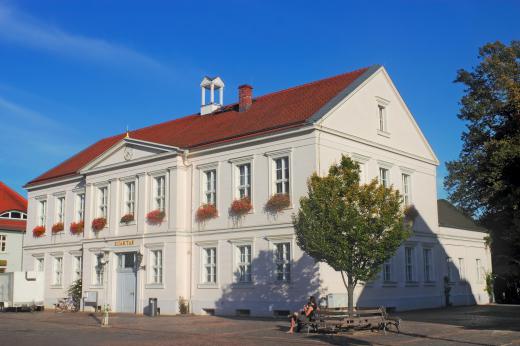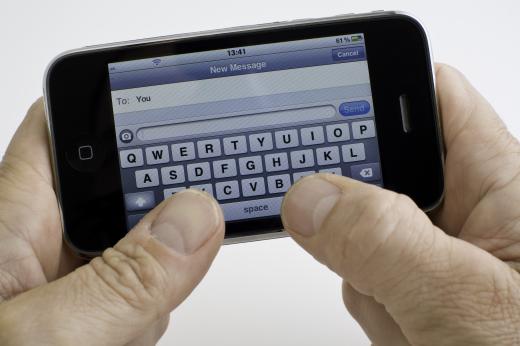
Social discourse is speech or text communication that involves a social element. The definition of discourse is very broad. The word “discourse” refers to nearly all of the many ways that humans communicate with each other. A social type of discourse is communication that has a social purpose, or some kind of distinctively social aspect.
Within the general category of social discourse, experts in various fields use more specific kinds of related discourse to do research that applies to those fields. Linguists look at social communication or discourse in order to pursue technical research on language. Others in anthropology, sociology, or other social sciences may use this kind of discourse to understand elements of human psychology or behavior.

As technology widens the spectrums of all sorts of discourse, the emergence of computers, the Internet, and various software programs called social media, is leading some academics and others to take a new look at how technology shapes social discourse in particular. One very prominent example is the use of Facebook®, which, in the early 2010s, became an extremely common element of social communication and discourse for many Westerners and others around the world.

Facebook® as a form of social media, enables all sorts of social discourse that were not possible before this web presence was created. For example, users are able to “like” items on a Facebook® page with the simple clicking of a button. This new form untethers that discourse from speech or writing, making it instead a simple binary action.
The use of new technologies is leading researchers to look at how social discourse might be combined with advertising, the gathering of personal information, and even the illicit use of a person’s communications. When the public learns that a specific technology is compiling personal information learned through analysis of personal expression or socially oriented discourse, there is often concern that the information could be used in inappropriate ways. This is in itself becoming a new topic for discourse in mass media, as well as between individuals and various organized groups.

Other forms of social communication and discourse are not related to technology. There are many examples of this, from the “town hall meeting” of modern politics, to interactive public events related to communities, corporations, or both. Sociologists or others who want to examine social discourse have a very diverse field to choose from, and many different conclusions can be made about how this kind of discourse impacts modern life. Another major issue in modern times is how technologies like cell phone texting change the words, phrases, and even grammatical constructs commonly used for social discourse.
Language & Humanities is dedicated to providing accurate and trustworthy information. We carefully select reputable sources and employ a rigorous fact-checking process to maintain the highest standards. To learn more about our commitment to accuracy, read our editorial process.